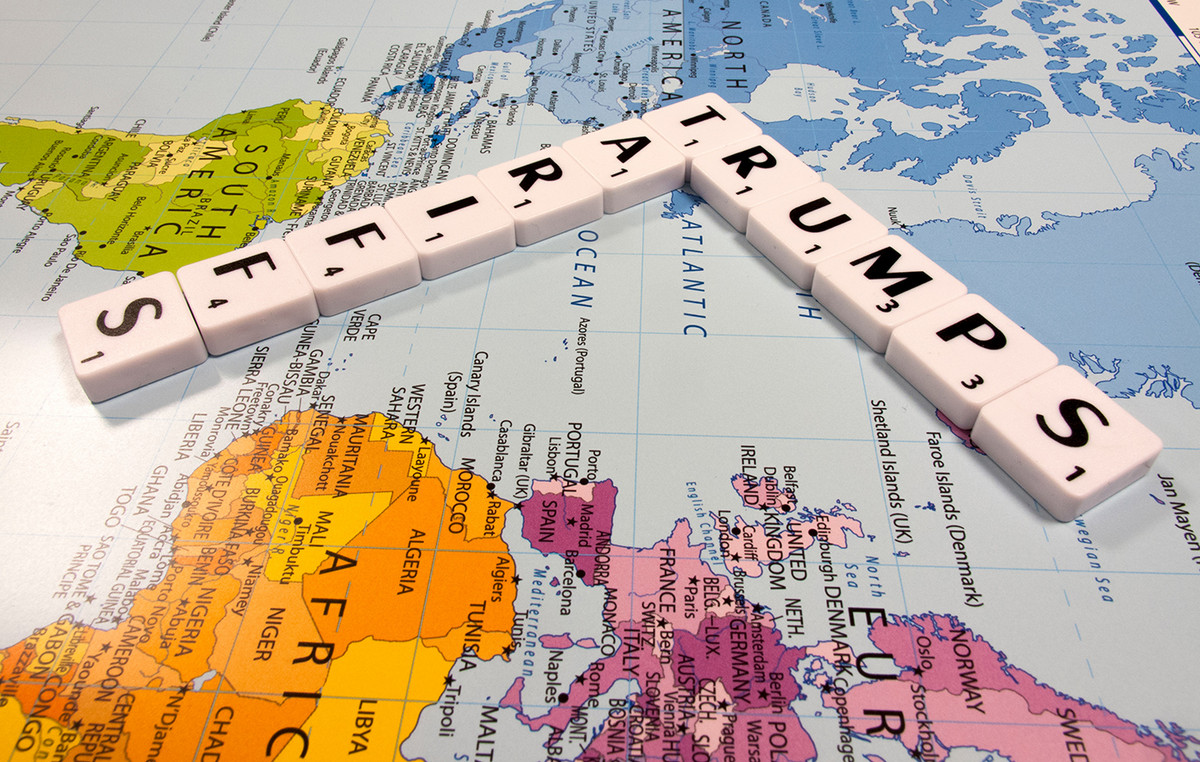Scientists in Japan have developed a new antibody-based method for the rapid detection of the coronavirus that does not require a blood sample.
One of the main techniques for diagnosing Covid-19 is to collect samples from the nose and throat with the use of a long cotton swab (swab). However, the application can take 4 to 6 hours and depends on specialized equipment and healthcare professionals for collection.
Test strips based on gold nanoparticles are currently in use for diagnosing the disease. Although they produce sensitive results in 10 to 20 minutes, they require blood samples collected via a finger prick.
The researchers from Japan suggest an alternative and complementary method for confirming the infection that involves the detection of antibodies specific to the SARS-CoV-2 virus. Details of the methodology were published in the Scientific Reports Magazine.
“To develop a minimally invasive detection assay that avoids these drawbacks, we explored the idea of sampling and testing interstitial fluid, located in the epidermis and dermis layers of human skin. Although the antibody levels in the fluid are approximately 15%-25% of those in the blood, it was still feasible that anti-SARS-CoV-2 IgM/IgG antibodies could be detected and that the fluid could act as a direct substitute for sampling. of blood,” says researcher Leilei Bao, from the Institute of Industrial Science at the University of Tokyo, lead author.
Interstitial fluid is a clear aqueous solution present between cells. The substance is produced from plasma by filtration through the walls of the places where exchanges between blood and tissues take place.
After demonstrating that interstitial fluid may be suitable for detecting antibodies, the researchers developed a sampling and testing approach.
“First, we developed biodegradable porous microneedles made of polylactic acid that extract interstitial fluid from human skin,” explains Beomjoon Kim, author of the study. “So we built a paper-based immunoassay biosensor for the detection of SARS-CoV-2 specific antibodies.”
From the integration between these two elements, the researchers created a compact model capable of detecting the antibodies at the site in three minutes.
For experts, the new device has the potential for rapid screening of Covid-19 and other infectious diseases.
Source: CNN Brasil







